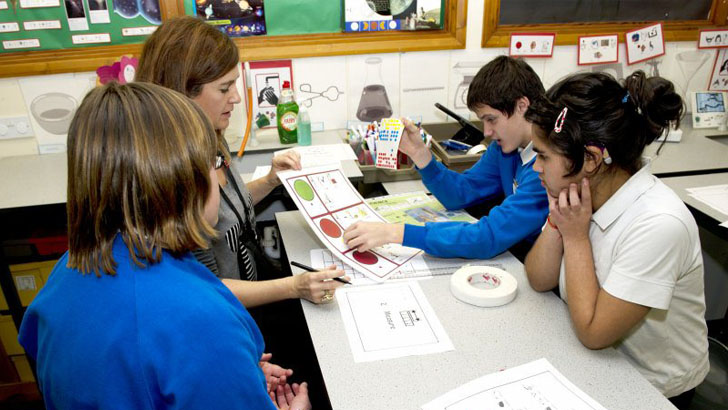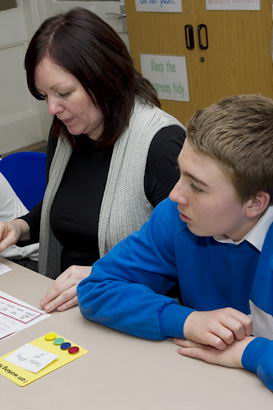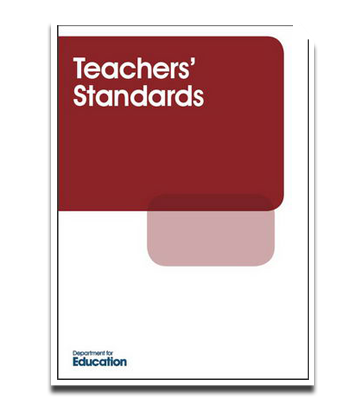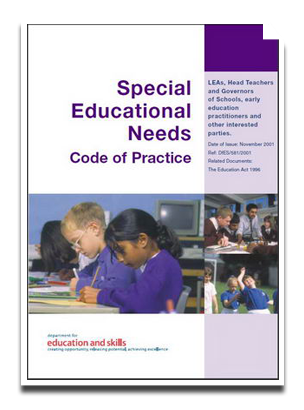

Level D of this module builds on what has been learned at levels B and C. Level B introduces the unique nature of planning
to meet the needs of children with SLD/PMLD/CLDD
Level C explores planning in more depth including learning outcomes, assessment, pedagogy, working with other specialists
and whole class planning.
Level D includes what effective planning looks like, Person Centred Planning and the Ofsted Evaluation Schedule as well as
planning for additional services and staff’s professional development.

The materials in this level are intended to provide those working with children with SLD/PMLD/CLDD the tools to be able to:
- Evaluate the effectiveness of planned interventions in terms of children's achievement/attainment;
- Critically review and analyse systems, policies and legislation which affect the special school planning to meet the needs of children; and
- Consider how planned interventions might promote progress for children in the light of recent research and government policy and modify planning accordingly.
Details of the professional standards that apply to all teachers in England can be obtained from the Department for Education website. These standards apply to all teachers regardless of their career stage and all aspects of the standards are relevant to teachers working with children with special educational needs.

As defined by the Department for Education Special Educational Needs Code of Practice (2001), children have special educational needs if they have a learning difficulty which calls for special educational provision to be made for them.
Children have a learning difficulty if they have:
- A significantly greater difficulty in learning than the majority of children of the same age, or
- A disability which prevents or hinders them from making use of educational facilities of a kind generally provided for children of the same age in schools within the area of the local education authority.

With thanks to the professionals who contributed to this module:
Module Content
Catherine Bernie, Assistant Head, Brookfields School, Reading
Brandon Mills, Deputy Head Teacher, Brookfields School, Reading
Sara Attra, Deputy Head Teacher, Brookfields School, Reading
All modules produced by The Schools Network and
Real Group (UK) Ltd for the Training Development Agency for Schools (TDA).
Editorial Team
Dr Mark Turner, Real Group (UK) Ltd
Professor Hilary Constable, The Schools Network
Jo Egerton, The Schools Network
Anne Fowlie, The Schools Network
John Truman, The Schools Network
Annie Grant, Independent Consultant
Production and Design
Jonathan Bond, Real Group (UK) Ltd
Colm Gibson, Real Group (UK) Ltd
David Hutter, Real Group (UK) Ltd
Ruth Earl, Real Group (UK) Ltd
Video, Audio and Photography
Atomic Productions
Project Management
Professor Barry Carpenter, The Schools Network
Alan Macgregor, Real Group (UK) Ltd
Sylvia Paddock, The Schools Network
Dr Mark Turner, Real Group (UK) Ltd
Caroline Ward, The Schools Network
Thanks to all the children, parents, carers, assistants and teachers for their involvement.